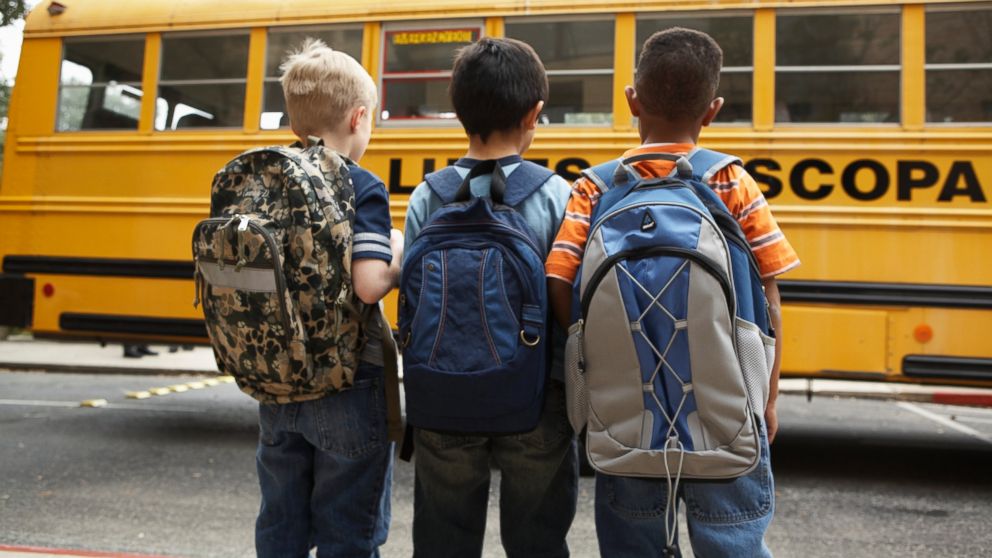“The mind is not a vessel to be filled, but a fire to be kindled.” —Plutarch
It was over a decade ago that I sat in my first writers’ workshop at the Stonybrook Writers’ Conference. The almost round tables were configured to promote emotional connectivity and support, all good things when one’s writing is being critiqued by colleagues. For the most part, I never had any negative experiences that burn in my memory, but once in a while I had positive ones I still carry with me and enjoy remembering when I sit down to write.
One of my earliest good memories was when a student asked me if I knew Marilynne Robinson’s work, adding that my writing reminded him of hers; a suggestion, sadly, that couldn’t have been then, or now, further from the truth. What I wouldn’t give to have the flow of her words as well as her brain for myself! Naturally, I immediately set out to study her work which didn’t change my own writing any, but gave me enormous pleasure. And along that path I found that as much as I loved her novels, I became even more besotted with her essays, all of which guide the reader through complex and significant thoughts with such ease that I feel as if they literally blaze new trails in my neurons.
Her recent essay in the November issue of The New York Review of Books titled “Dismantling Iowa” is exactly such a treatise, and I urge you to read it yourself if you have any interest in or concern for the future of critical thinking in our schools or society as a whole. Yes, it certainly exposes the frightening edges of a precipice we seem to be heading for with outrageous momentum, reminding us of the importance of exposing our children to liberal ideals (coming from the base, liber, meaning ‘free’) and critical thinking in particular. I do remember during the last election and the pandemic how I kept thinking if we ever came up for air, one of the things we must change is the quality of the education we’ve given our children. Our country will only run freely if its citizens can think clearly, I thought then as I do now.
But Marilynne Robinson also exposes our current practice of exploiting children in so many ways, at once hard to think about but also not shocking except as examples of the way we abuse all people who can’t protect themselves. We know this happens; we just don’t seem to know what to do about it. Again, one would think becoming a truly free society would help there, too. So surely as I read on in her essay I was reminded again of how often we renege on what we owe children, ensuring that we are also robbing our society of the greatness it once promised and the future it held out to us at arms’ length, tantalizing and just out of reach.
As I finished Marilynne Robinson’s essay for the second time, I was suddenly taken up short by her final thought. She often gets me so involved with the beauty of her mental meanderings that I miss her parting shot across the bow, in this case a topic I’ve long been wrapped up in and presented in my own historical fiction, including the new book I’m writing about an eighteenth century French genius, musician and polymath, Joseph Bologne. Robinson leaves the reader to ponder how different our children who are bent over by the ‘burdens of privilege’ might be if they had time to live their own lives and dream their own thoughts rather than those others press on them. It’s an idea I’ve often had and written about, making me wonder what this country would be like if we gave all children what we owe them. We must remember that the burdens of privilege are no less stressful and also rob our children of their chances to dream and thus to think critically and with hope at the same time.


We all have different styles of essay writing and the uniqueness of different views and foirms enriches our thinking and ought to be the foundation for education. Your essays always provoke much thinking and somehow give us room to build on your thoughts, for which I am thankful.
I agree that critical thinking should be the goal of education rather than training for a profession or getting into the right school. I had hopped back in the fifties and early sixties that integration would work and enrich the education of our children. Instead public schools became more segregated and those with privileged fled to private schools. While the Brown vs Board of Education may have been flawed legally it express the principal that integration of race and class would better all children rather than a fractured society as we have now.
Thanks for getting me thinking about this.